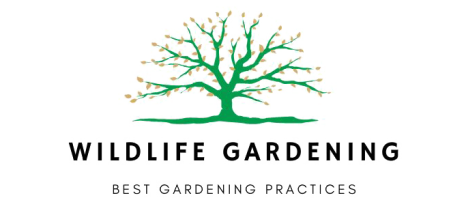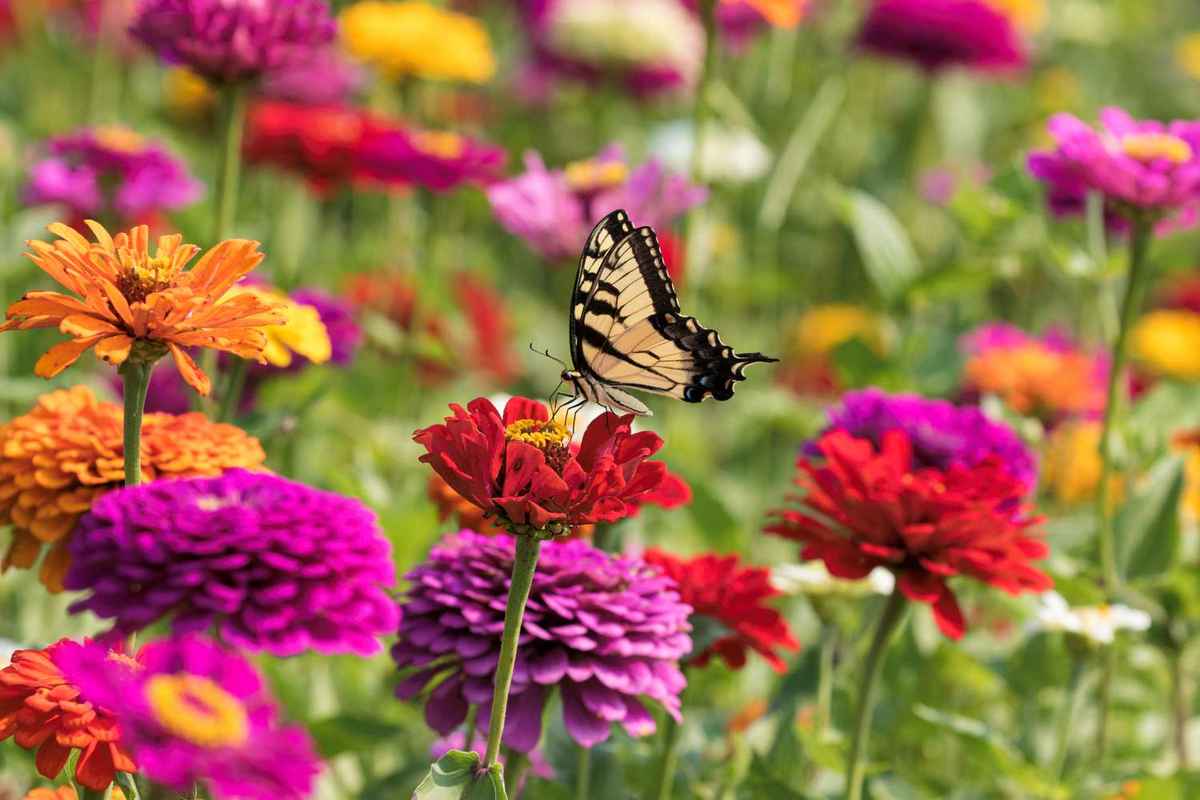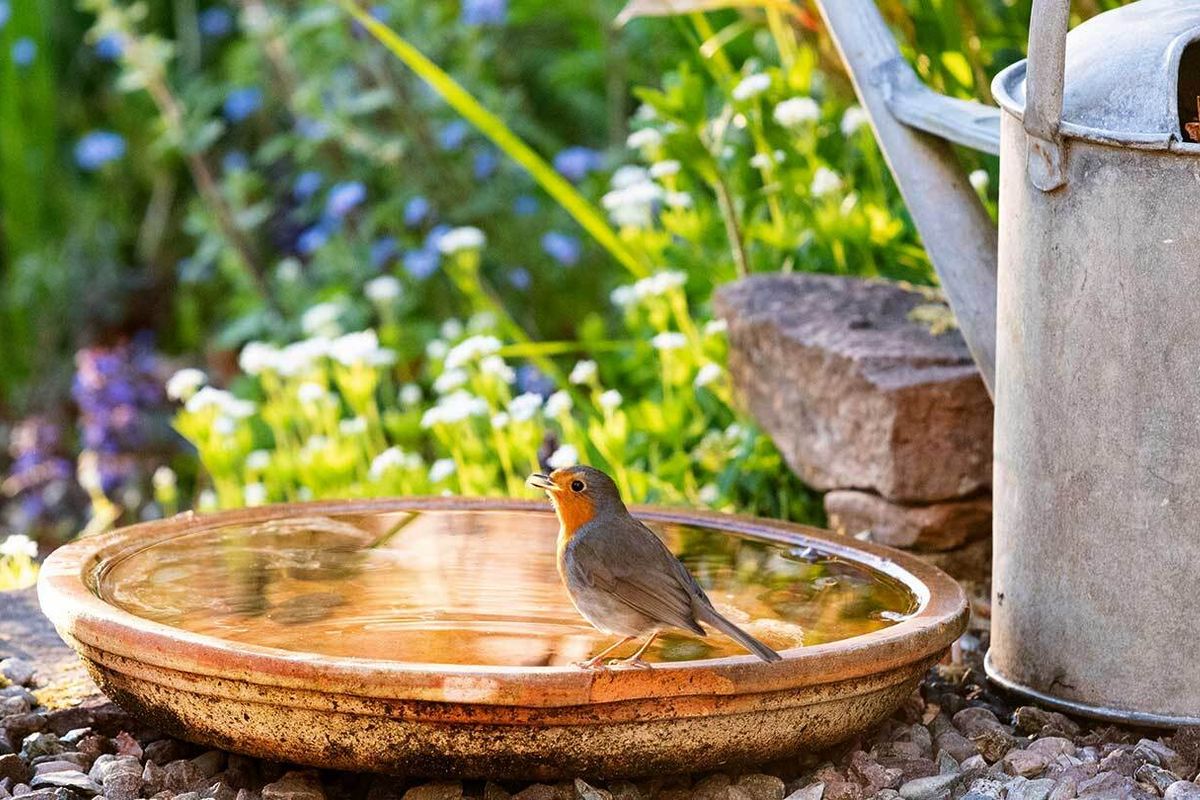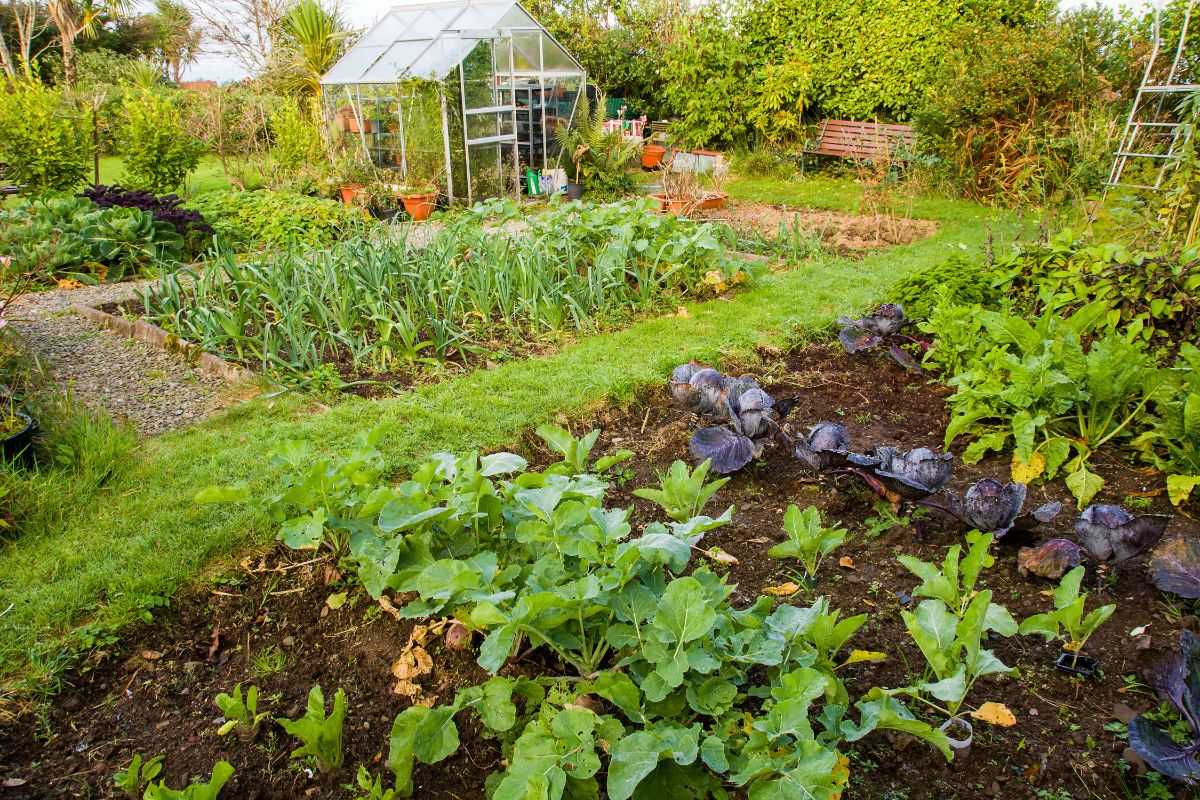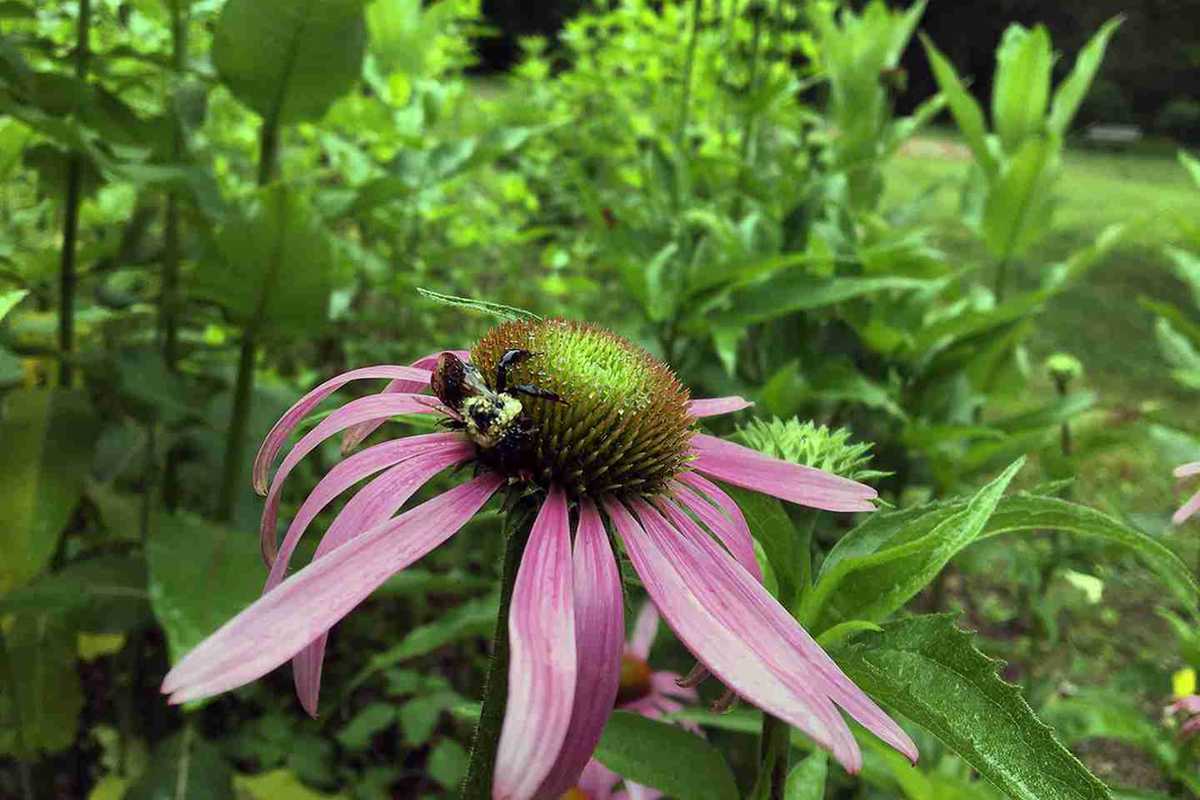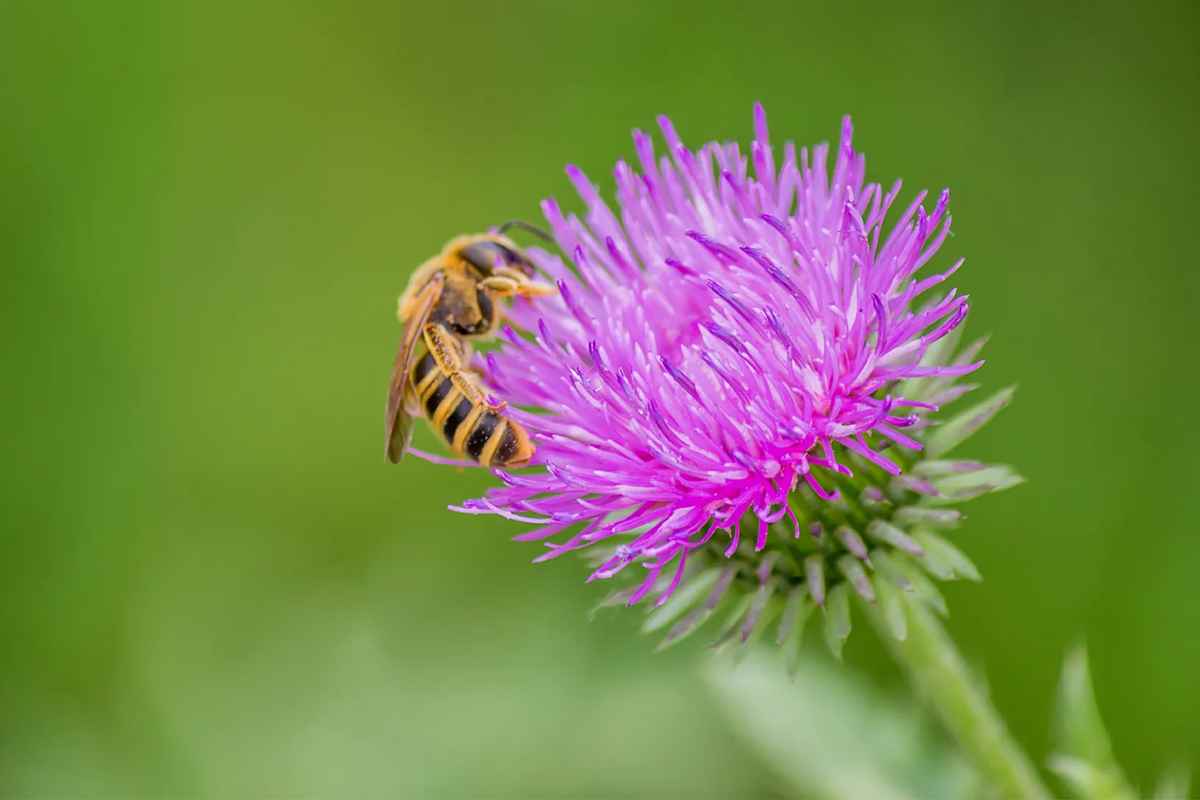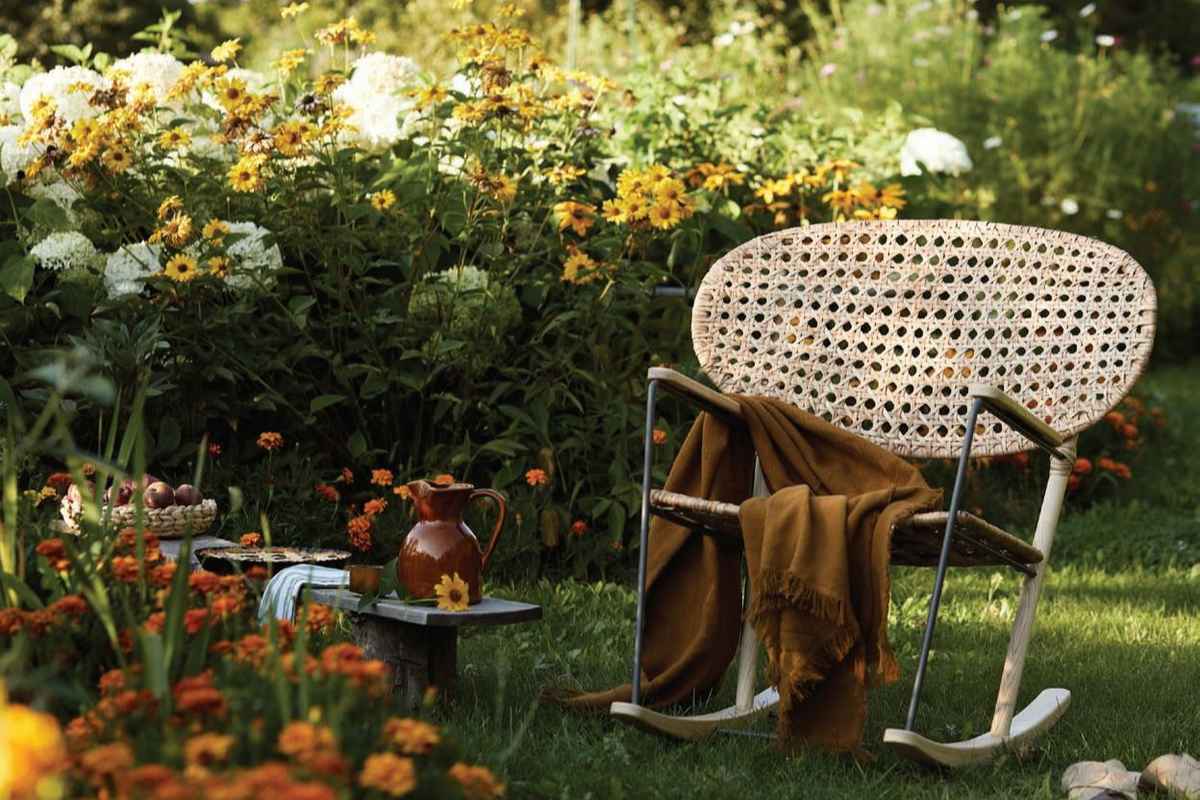Planting native trees and shrubs is an impactful solution for enhancing the pollinator population in gardens.
These plants not only beautify landscapes but also provide essential habitats and food sources for pollinators.
Here, we look at some of the best native trees and shrubs that can help attract and sustain these creatures:
Red Maple
This iconic North American tree is not only a harbinger of autumnal colors but also a pollinator magnet. Its early spring flowers produce nectar and pollen, drawing in bees and butterflies at a time when other food sources might be scarce.
Serviceberry
Also known as Juneberry or Saskatoon, serviceberry produces delicate white blossoms in the spring, enticing various pollinators. The subsequent berries offer sustenance to birds and small mammals, contributing to the entire ecosystem.
Wild Cherry
Native cherry trees, like black cherry, offer double benefits. Their early spring flowers attract pollinators, while the fruit provides nourishment for wildlife. However, they may not be suitable for small gardens due to their size.
Buttonbush
Thriving in wetland areas, buttonbush produces spherical blooms that bees and butterflies find irresistible. It’s an excellent choice for damp landscapes and contributes to pollinator diversity.
Elderberry
Elderberries not only produce clusters of creamy flowers that attract pollinators but also yield dark berries that birds and humans alike enjoy. They are particularly favored by butterflies and bees.
Spicebush
This understated shrub boasts aromatic leaves and inconspicuous flowers that emit a pleasant fragrance. The spicebush is a host plant for the spicebush swallowtail butterfly and attracts other pollinators as well.
Viburnum
With a variety of species and cultivars, viburnums provide diverse options for attracting pollinators. Their attractive blooms and berries support bees, butterflies, and birds.
Ceanothus
Commonly known as California lilac, ceanothus species offer vibrant blue or white blossoms that draw in bees and other pollinators. They are particularly suitable for regions with mild climates.
Dogwood
Native dogwood species provide early-season nectar for bees and butterflies. Their distinctive flowers and berries also make them visually appealing and beneficial for wildlife.
New Jersey Tea
This shrub, native to eastern North America, features clusters of tiny white flowers that attract bees and butterflies. It’s a vital addition to pollinator gardens.
By incorporating these native trees and shrubs into your garden or green space, you’re contributing to the preservation of pollinators and the health of ecosystems. These plants serve as both a practical solution and a beautiful addition to any landscape.
